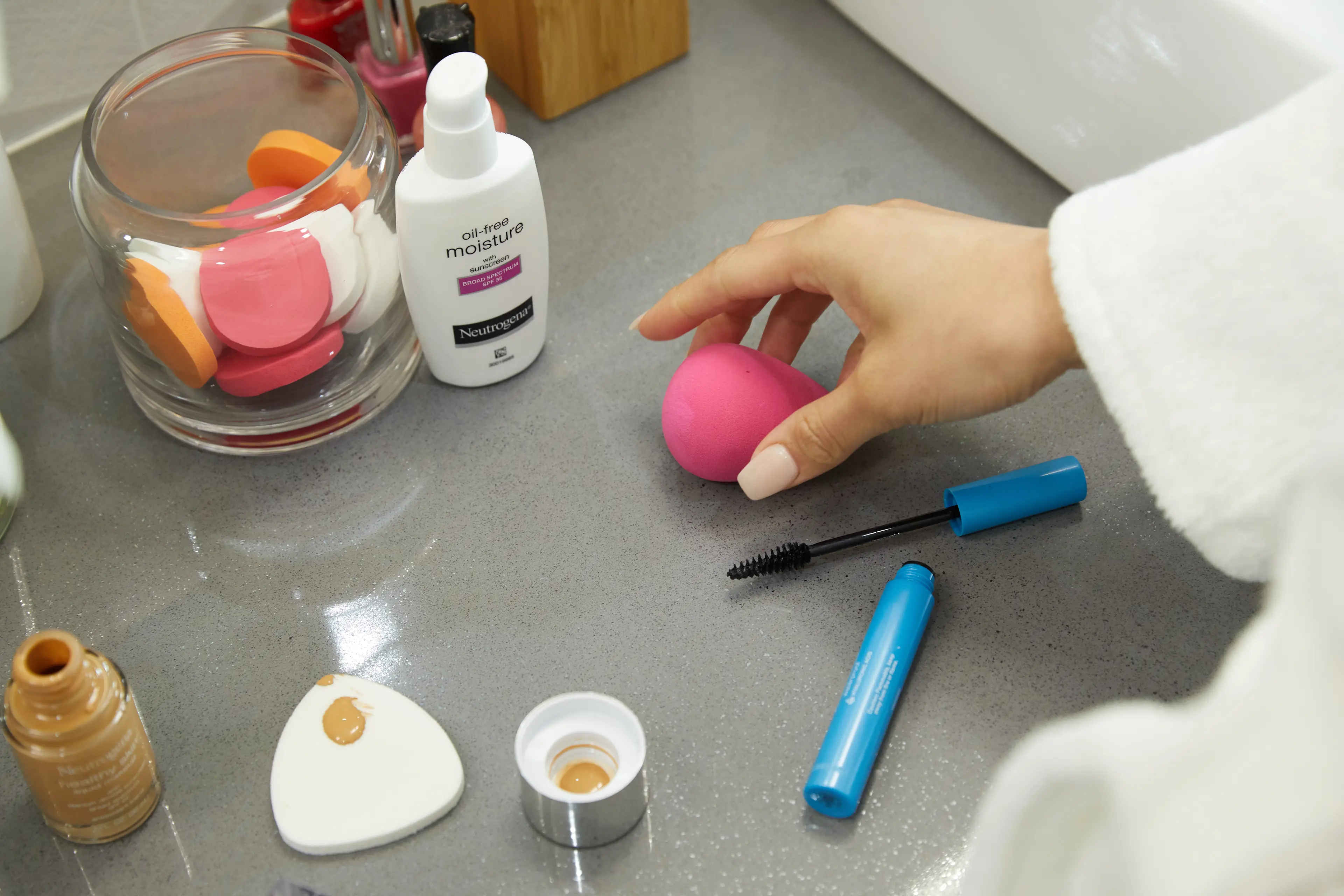What is Collagen?
Collagen is the fibrous structure that creates connective tissue, a major component of your skin, bones, cartilage and muscles. It helps keep these tissues flexible and strong.
Collagen is the most abundant protein in the human body, making up approximately 30% of its dry weight. At least 28 types of collagen have been identified, but collagen type I is the most common, accounting for 90% of your body's total collagen.
This powerful protein helps keep your skin looking smooth, firm and youthful, but it naturally decreases with age. This decline is largely responsible for many hallmarks of mature skin, including thinning skin, fine lines, wrinkles, sagging and hollowing around the eyes. Certain environmental and lifestyle factors can also decrease collagen production, such as smoking, excessive sun exposure and poor diet.
What are the uses of Collagen?
So, what does collagen do for skin? Collagen plays a vital role in plump, youthful-looking skin by supporting elasticity and firmness, maintaining skin hydration and minimizing the appearance of wrinkles.
And that's not all. Research shows that long-term collagen supplementation may support bone health and help manage osteoporosis. Studies also show that collagen benefits joint health and may promote heart health.
You can reap the benefits of collagen through topical collagen skincare products and collagen supplements. You can also find topical collagen in medical and cosmetic treatments to boost skin's hydration levels, strength and vitality.
Where does Collagen come from?
Collagen is obtained from a few sources, including mammals, marine life and synthetic processes. Bovine collagen is sourced from cows' bones, tendons and hides, while porcine collagen is similarly sourced from pigs. Marine collagen is derived from fish skin.
Bovine and porcine collagen
Studies show that bovine collagen can improve skin elasticity and provide antioxidant and anti-inflammatory benefits. Porcine collagen also has antioxidant properties and supports youthful-looking skin.
Marine collagen
Marine collagen has a high collagen content. The body easily absorbs it, and it has similar effects on skin pH, moisture and sebum levels as animal collagen. Marine collagen can also diminish the visible signs of ultraviolet (UV)-induced premature skin aging (photoaging) and support overall skin radiance and texture.
So, how to choose? Marine collagen may have greater bioavailability, meaning the body can more readily absorb it. It also has a lower risk of coming into contact with hormones, pesticides and diseases associated with land animals. Bovine and porcine collagen, however, are typically more affordable. As a general rule, choose supplements from antibiotic-free, ethically raised sources whenever possible.
How to incorporate Collagen into your skincare routine
Here are some pointers for how to boost your collagen intake.
Opt for hydrolyzed collagen
You may be wondering: Can collagen be absorbed through the skin? Because collagen has a large molecular structure, it can't penetrate your skin's deeper layers. The body can better absorb hydrolyzed collagen — collagen that's broken down into smaller peptides or amino acids. So, the best collagen for skin is collagen peptides. Hydrolyzed collagen can improve skin health and slow down the visible signs of skin aging.
So, whether you're considering supplements or topical skincare products, opt for formulas made with hydrolyzed collagen peptides to support better absorption.
Try an eye cream
The delicate skin around your eyes is one of the first places to show visible signs of aging like wrinkles. So, try a reparative eye cream like Neutrogena Rapid Wrinkle Repair® Retinol Pro+ Eye Cream. Packed with retinol, hyaluronic acid and micropeptides, this opthalmologist-tested formula tackles fine lines, dark circles and puffiness around the eyes. One note: While it's gentle on the skin, Retinol Pro+ isn't recommended for beginners. So only add this product to your routine once you've already used retinol products.
Use a moisturizer
Moisturizers and creams with collagen peptides deliver a powerful punch of hydration to your skin's outermost layer (your skin barrier). This can reduce the look of skin aging, including dryness, fine lines and skin laxity.
Leverage ingredients that support collagen synthesis
Certain ingredients can stimulate your body's natural collagen production, including vitamin C and retinol. So, look for serums, creams and masks including these ingredients to boost collagen production and support firm, healthy-looking skin.
As for any new product, consider your skin type and sensitivities when choosing collagen-based (or collagen-supporting) skincare products.
FAQ
What age should you start using collagen supplements or skincare products?
Adding collagen to your routine is beneficial at any age, but starting in your 20s (when your collagen levels are still robust) can help mitigate the natural decline of collagen.
Can vegan or vegetarian options provide the same benefits as animal-derived collagen?
Scientists are working on bioengineering vegan collagen, but only animal sources can presently provide collagen.
How long does it take to see the effects of collagen supplements on the skin?
You may begin to see results after eight weeks of regular collagen use.
Are there any side effects associated with collagen supplements?
Collagen supplements are generally well tolerated with minimal side effects.
Can dietary changes boost the body's natural collagen production?
You can support your body's collagen by eating a protein-rich diet that includes natural sources of collagen and increasing your intake of foods rich in collagen-supporting nutrients, like vitamin C.





